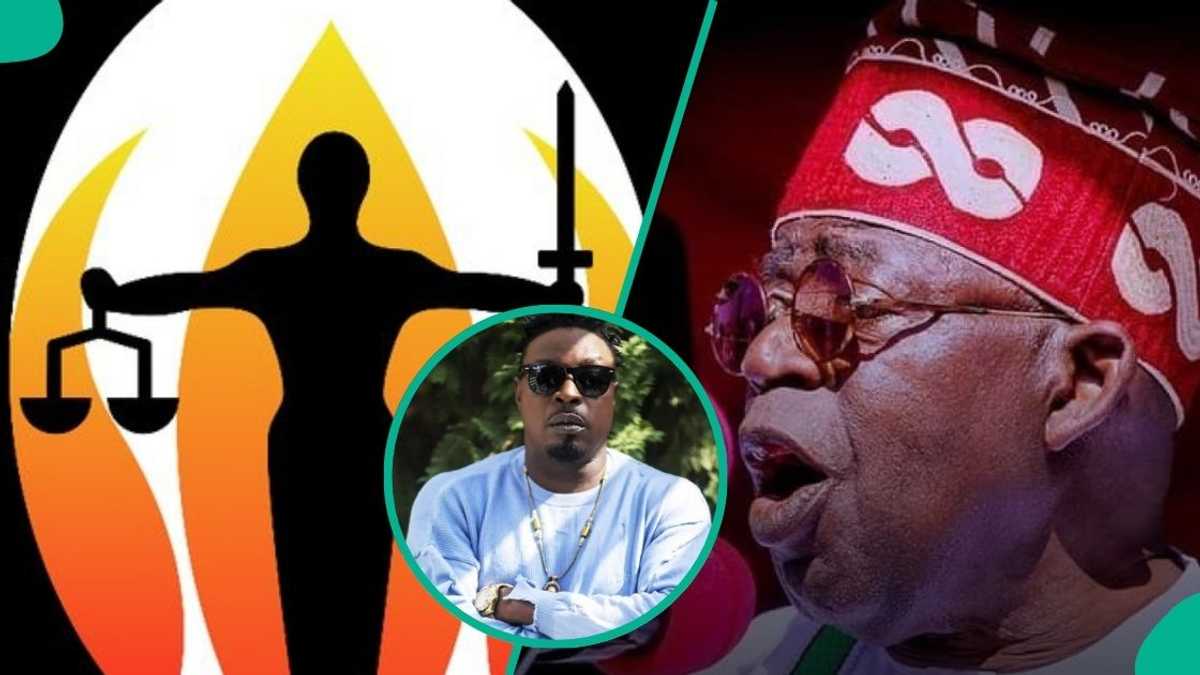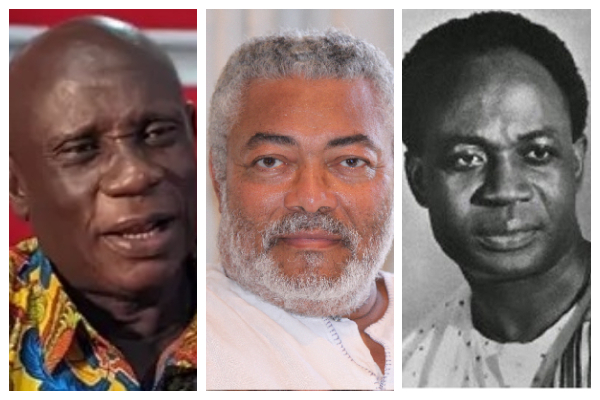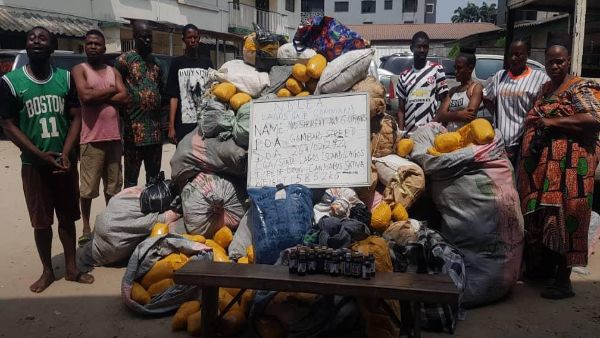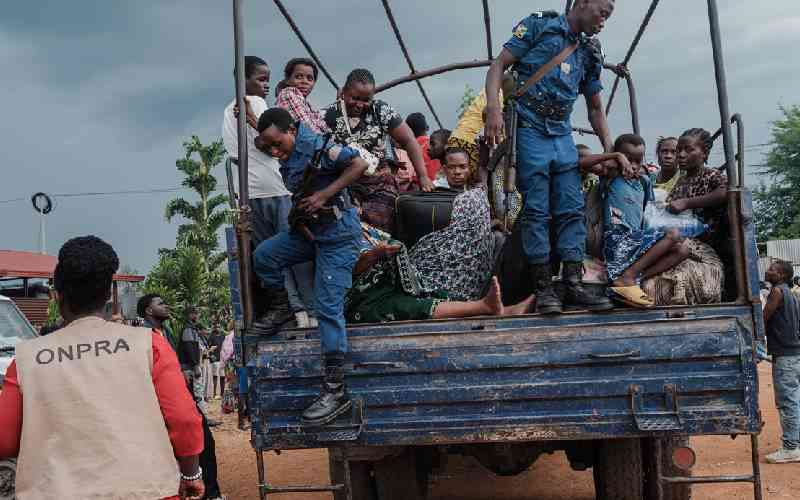Rwanda's envoy urges African youths to lead campaign against hate speech

L-R; The Director of Innovation and International Cooperation, Babcock University, Prof Grace Tayo; the Vice-Chancellor, Professor Ademola Tayo, Rwanda’s High Commissioner to Nigeria, Amb Christophe Bazivamo and others during the 31st commemoration of 1994 genocide held at the university on Wednesday.
The Rwanda High Commissioner to Nigeria, Ambassador Christophe Bazivamo, has urged African youths to take the lead in the campaign against hate speech and other stereotypes capable of breeding disunity and causing disaffection in the continent.
Bazivamo made this call on Wednesday while speaking at the 31st commemoration of the 1994 genocide against the Tutsi in Rwanda, which was held at the 600-seater Auditorium, College of Health and Medical Sciences of Babcock University, Ilishan Remo.
The programme was organised by the university in collaboration with the Rwandan Embassy in Nigeria.
The Rwanda envoy said that the 1994 genocide commemoration is a time of reflection, a time to remember the lives lost, honour the courage of the survivors and renew the pledge to never again allow such calamity to travel through the country.
Bazivamo urged the youth to champion the campaign against falsehood and hate speech, which was part of what fuelled the genocide killings in Rwanda during when over 1,000,000 people, mostly Tutsi, were killed by government forces, militia groups and extremist Hutus.
He said, “There is a deliberate purpose to our gathering here today—at a university, speaking directly to students. That purpose is rooted in the undeniable truth that you, the youth, are the most powerful force for change.
“You are the conscience of the present and the architects of the future. The lessons of 1994 must not be confined to textbooks or documentaries. They must live in our minds, in our choices, in the way we treat one another, and in the societies we build.
“In our digital age, where information travels faster than truth, your role is more critical than ever. You are the ones who must question, who must learn, who must challenge division and prejudice wherever it rears its head. You are the ones who can say: “Never again” and truly mean it.
“I invite you to take up this responsibility—not just as Rwandans, not just as Nigerians—but as Africans and global citizens committed to justice and peace.
“For example, even in your interactions on social media, choosing to challenge hateful comments or stereotypes, rather than ignoring or amplifying them, is a small but significant act of responsibility”.
Speaking earlier, the Vice-Chancellor of the university, Prof Ademola Tayo
has, however, emphasised the need for tolerance, peaceful coexistence and utmost respect for human life across the divide to create a better world.
The VC explained that the genocide, rooted in colonialist manipulation of ethnic groups, fueled by bad governance, and perpetrated by government forces, militia groups, and extremist Hutus, led to the killing of 1,000,000 people, mostly Tutsi, under 100 days.
Tayo said that the tragic incident, which occurred between April 7 to July 4, 1994 left a horrific scar in the history of Rwanda and is equally a stark reminder of the evils of intolerance; of man’s inhumanity to man and the importance of international intervention in the prevention of such horrible crime.
He disclosed that though Rwanda has made steady progress ever since towards unity and economic transformation but never in history has such a calamity be allowed to befallen the human race.
The Vice-Chancellor has therefore made a call towards promoting tolerance, understanding and inclusivity even as we prioritise unity in diversity and commitment to building a more just and compassionate world.
Tayo said, “As we come together to mark this occasion, I urge us all to focus on what unites us rather than what separates us. Let us reject the forces of division that seek to tear us apart based on racial, ethnic, gender, or other differences.
“We must strive for a world where such atrocities never happen again: a world where humanity is valued above all else; a world where we can live in peace, harmony, and mutual respect.
“By working together, we can help support the survivors and the international community to promote peace, justice, and human rights worldwide.
“To achieve this, we must commit to promoting tolerance, understanding, and inclusivity. We must pledge to the continuing education of ourselves and others about the dangers of prejudice and the importance of empathy.
“We must stand together against injustice and support those affected by violence and oppression”.
The VC paid tribute to the genocide victims and acknowledged the resilience of the survivors, urging them to keep flying high the banner of love and unity for a better world.










